Call or Text
801-438-4793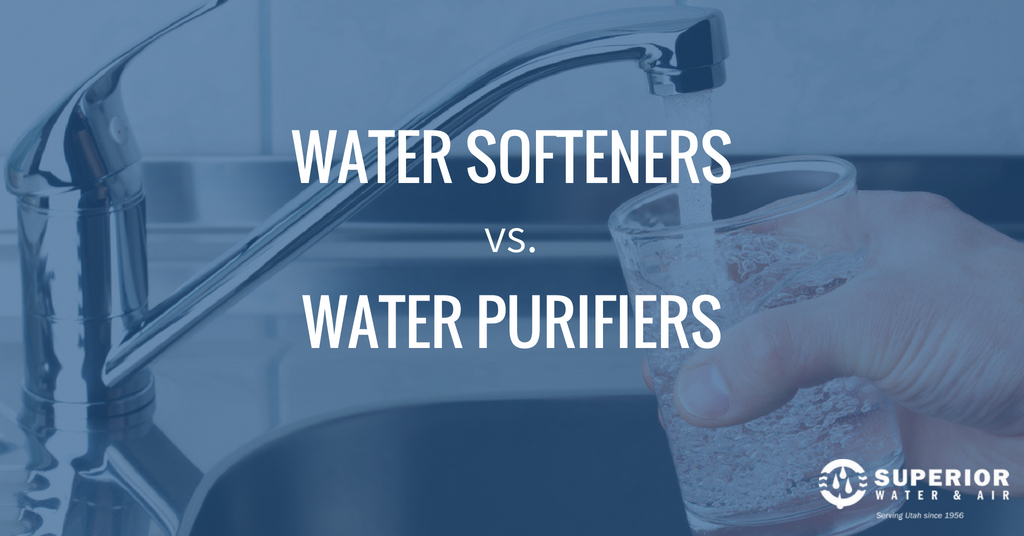
Water Softeners vs Water Purifiers: What You Should Know
June 20, 2018
There can be a lot of confusion between a reverse osmosis water purifier and a water softener. What are the differences between the two? Which one is better? Do I really need a water filter or is a water softener enough? Here’s a basic overview between the two and what each one does.
What is a Water Softener and What Does it Do?
A water softener takes the hard minerals, usually calcium and magnesium, from your water and replaces them with a softer mineral, such as sodium.
How Does It Work?
When you have a water softener installed, it generally goes through these steps to soften your water:
- Water softener salt is added to the softener’s tank, along with resin beads that have an electric charge.
- Water is bypassed into the water softener and flows into the brine tank with the resin beads.
- As the water passes through the tank the calcium and magnesium ions are removed and replaced with the sodium in the salt through an ion exchange.
- Once all the sodium has been used the softener goes through a regeneration process to flush out the calcium and magnesium from the mineral tank and add a fresh supply of sodium to continue softening your water.
What Do Water Softeners Remove?
A common misconception is that a water softener filters your water, but that isn’t the case. They only remove the hard minerals in your water. However, there are a number of benefits to removing the calcium and magnesium from your water.
The Advantages of Soft Water
When a water softener is installed in your home your entire house gets the benefits of soft water. This means:
- Less scale and mineral buildup in your pipes
- Appliances that use water last longer
- You’ll have softer skin and hair
- You’ll save money on soap and shampoo
- Fewer hard water stains on dishes, faucets, and showerheads
If you want to learn more about the benefits of soft water, see what a water softener can do for you.
What is a Water Purifier?
A water purifier removes contaminants found in water. What is removed and how much is removed depends on the type of purifier. For example, reverse osmosis (RO) water purifiers can remove:
- Crypto
- Giardia
- E. Coli
- Hepatitis A
- Salmonella
- Sodium
- Chloride
- Copper
- Chromium
- Lead
- Arsenic
- Fluoride
- Radium
- Sulfate
- Calcium
- Magnesium
- Potassium
- Nitrate
- Phosphorous
How Does it Work?
While there are different types of purifiers, one of the most common to install in your home is a reverse osmosis water purifier. An RO system works by pushing your water through a semipermeable membrane. Basically, water is pushed through a filter that only the water can get through, leaving the contaminants on the other side of the membrane.
Which is Better: Water Purifiers or Water Softeners?
There’s no real answer to which system is better, as both water softeners and water purifiers do different things. If you’re tired of hard water stains and want your plumbing to last longer, get a water softener. If you’re worried about what may be lurking in your water, get a water purifier.
Want the benefits of water softeners and water purifiers? Get both systems for water that can keep your plumbing system working properly and taste great straight from the tap. In fact, a water softener can actually extend the life of your water purifier, depending on how hard the water in your area is.
Want to Learn More?
If you want to learn more about hard water check out our free hard water tool. All it takes is your ZIP code. If you want to learn more about water purifiers, you can check out our reverse osmosis water purifiers.
Recent News

How Do Tankless Water Heaters Work?
March 19, 2024

How Much Is a Water Softener?
March 5, 2024
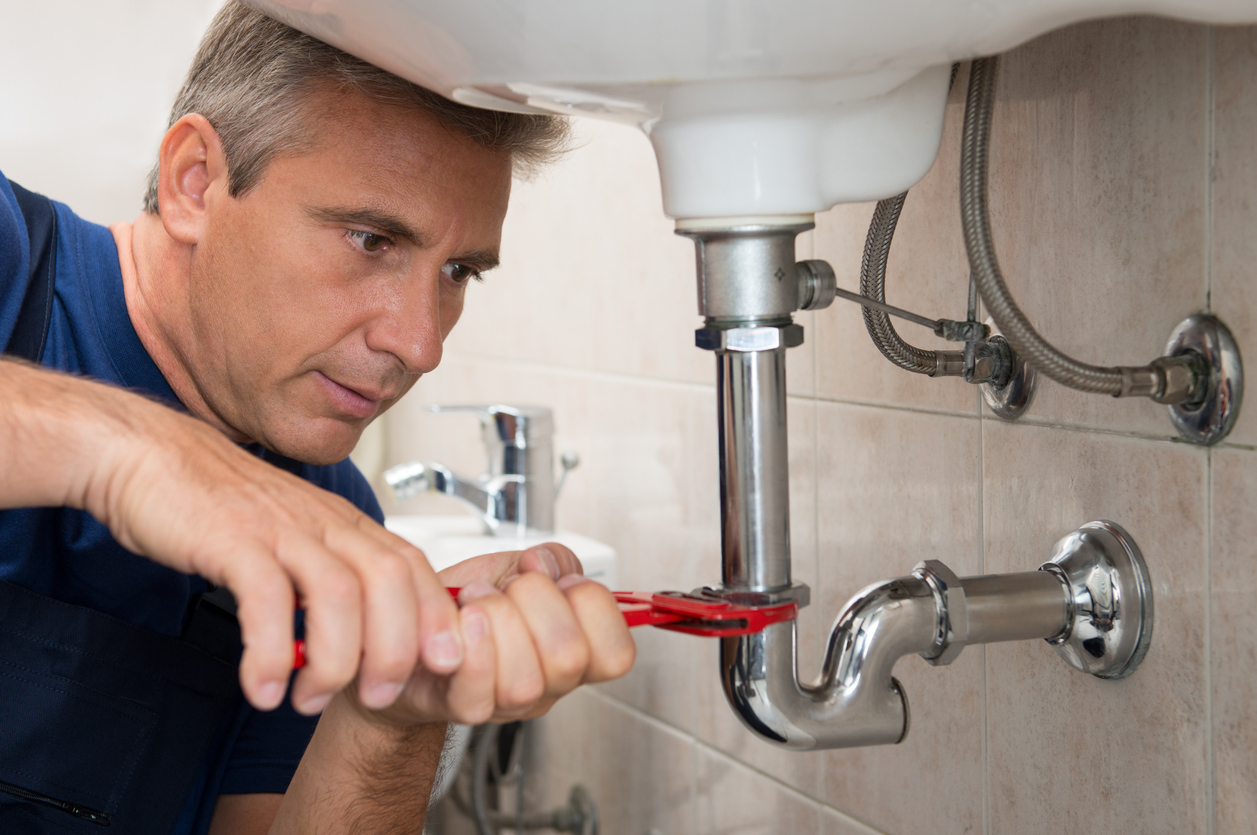
How to Fix Leaky Pipes Under Kitchen Sink
February 22, 2024
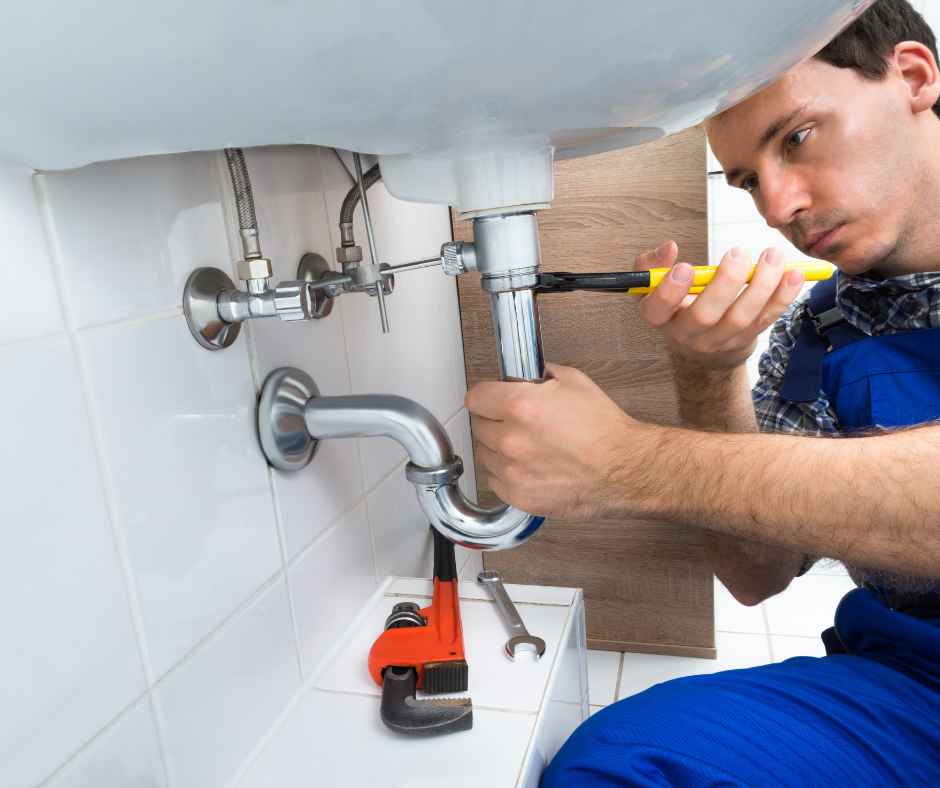
How Much Does Emergency Plumbing Cost?
February 8, 2024
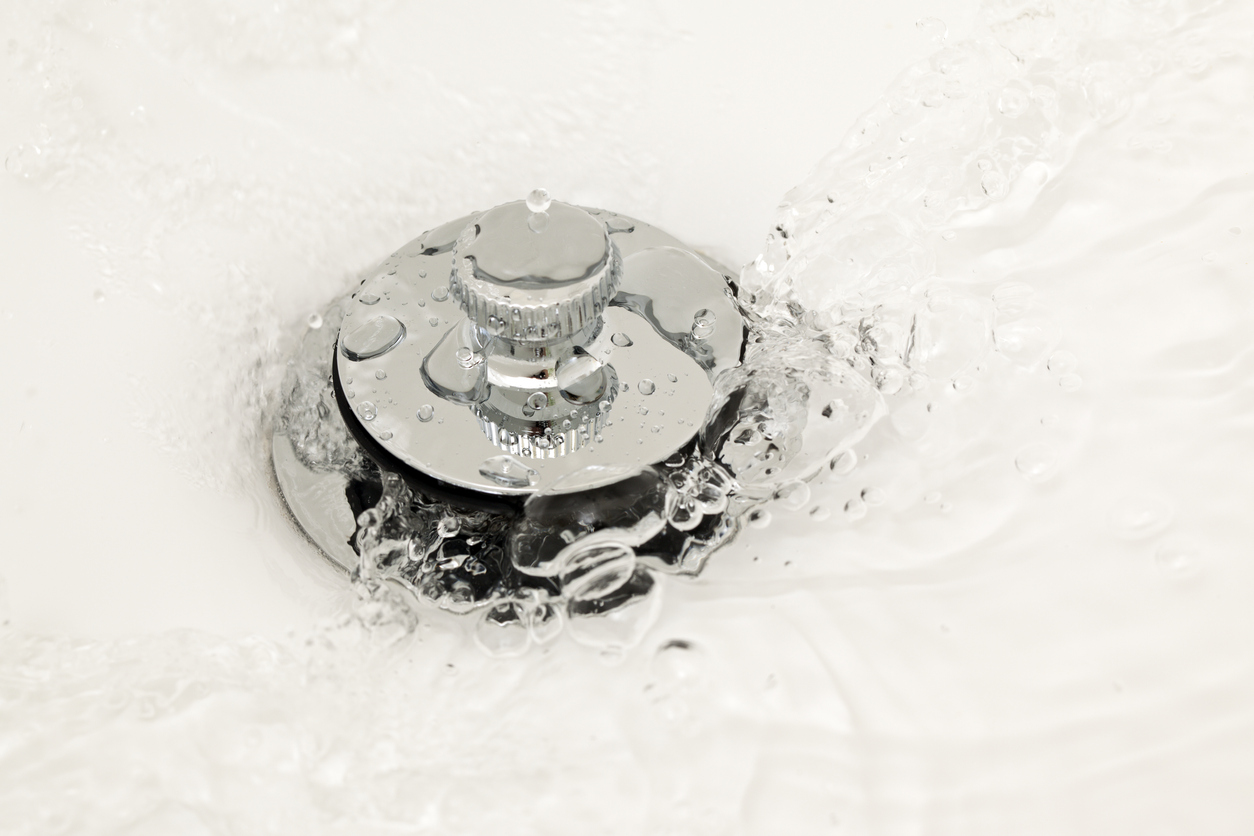
How to Unclog a Bathtub Drain
January 16, 2024
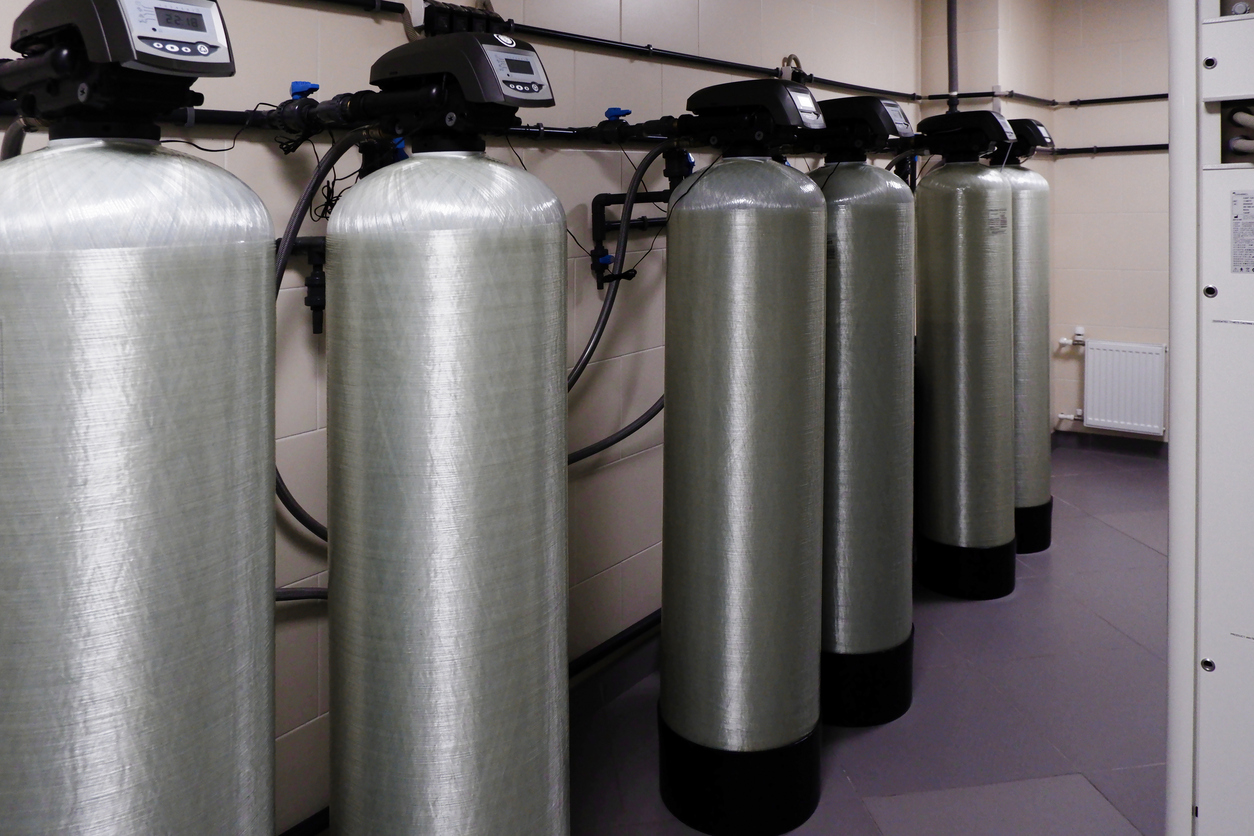
How Much Is a Water Softener?
January 9, 2024



